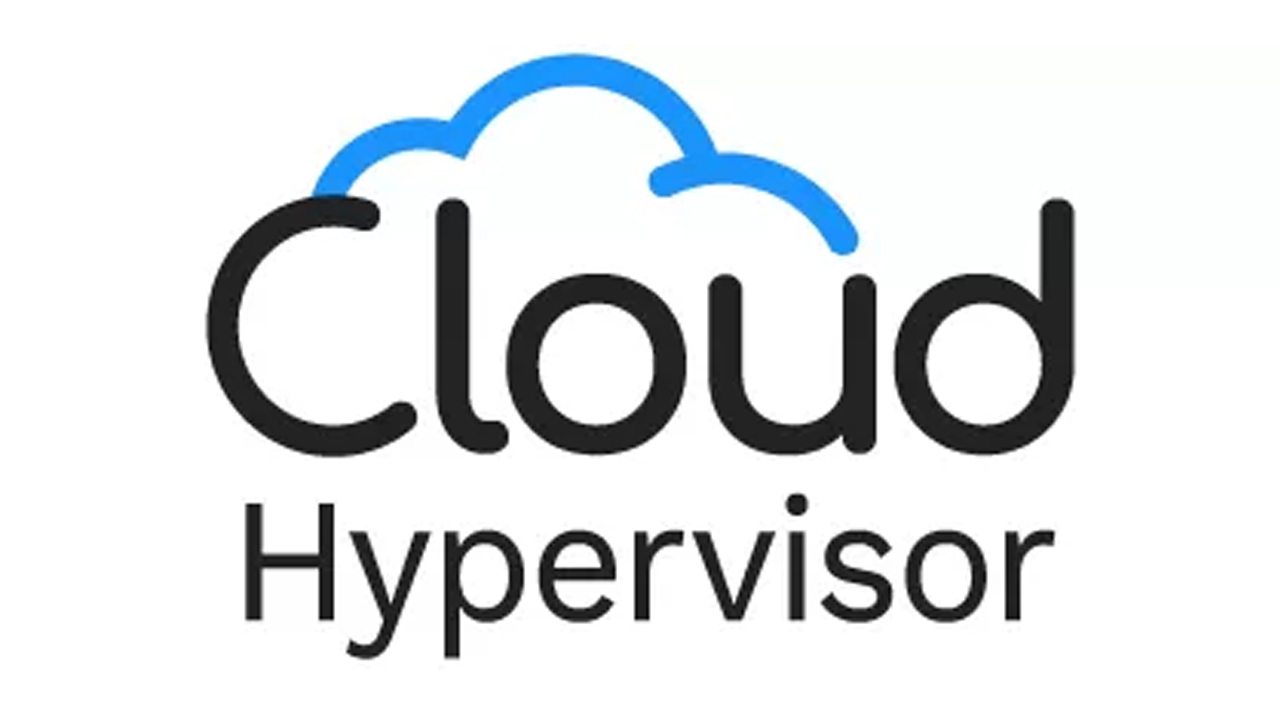The revealer @Moore’s Law Is Dead revealed that AMD’s Zen4-based Raphael desktop processor will be released in September, while rival Intel’s 13th-generation Core Raptor Lake retail version needs to be delayed until it will be available in late October.
JOIN US ON TELEGRAM
He said that AMD’s partners, ASUS, and other major board card manufacturers may release new product briefings in August, while AMD will hold a press conference in late August, at which time they will explain to you about the new processors. Series information then waits until September to lift the ban and go on sale.
 AMD Ryzen 7000 processors will use the new Zen 4 core architecture, which will be a comprehensive architectural adjustment, and the new generation of CPUs will retain multi-chip design and multi-core design.
AMD Ryzen 7000 processors will use the new Zen 4 core architecture, which will be a comprehensive architectural adjustment, and the new generation of CPUs will retain multi-chip design and multi-core design.
While AMD has yet to confirm any specs, it has previously revealed some information at Computex. The new generation of Ryzen 7000 CPUs will use two Zen 4 CCDs (core complex chips) based on TSMC’s 5nm process and one I/O chip (IOD) fabricated on TSMC’s 6nm process.
AMD Ryzen Zen 4 Desktop CPU Expected Features:
-
Up to 16 Zen 4 cores and 32 threads
-
Single thread performance improved by more than 15%
-
New Zen 4 CPU cores (IPC/architectural improvements)
-
New TSMC 5nm process node, 6nm IOD
-
Supports AM5 platform with LGA1718 socket
-
Dual-channel DDR5 memory support
-
28 PCIe lanes (CPU dedicated)
-
105-120W TDP (upper range ~170W)
Moreover, the next-generation Zen 4-based Ryzen desktop CPUs, codenamed Raphael, will replace the Zen 3-based Ryzen 5000 series Vermeer desktop CPUs.
Furthermore, AMD claims that its Ryzen 7000 desktop CPU with Zen 4 cores will provide more than 15% single-threaded performance improvement over Zen 3 and can reach an all-core 5GHz frequency, while Intel’s 13th-generation Core also almost.








